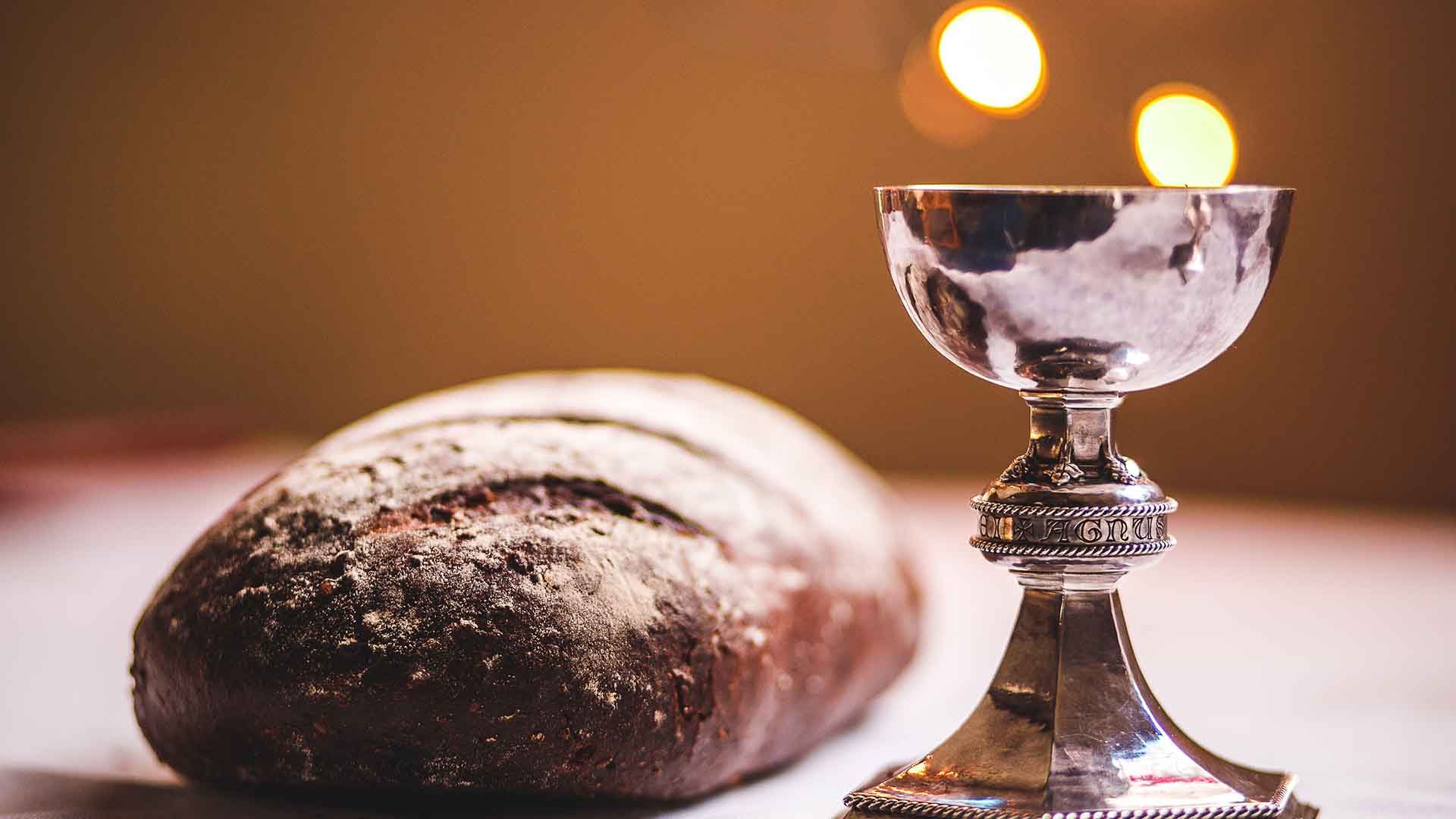Weekly communion may be standard in Anglican churches, but it’s become a badge of honor in a growing number of Presbyterian and Baptist churches. Is this a good trend, and should other churches celebrate the Lord’s Supper every time they meet on Sunday? We solicited three perspectives to help you make up your mind. See also:
- Ray Van Neste: Three Arguments for Weekly Communion
- Kenneth J. Stewart: The Frequency of Communion Calmly Considered
Living in a land of drive-thru cappuccinos and customizable DVR TVs, Christians have often been tempted to engage with the church in a similar fashion—-quickly, easily, and preferentially. The Lord’s Supper provides us with such an example. Mistakenly seen by many as a traditional accent to an already packed worship service, this time of communion has easily slipped into becoming something other than what Christ originally intended for it.
The Lord’s Supper was instituted by the head of the church—-Jesus Christ. Taking the history and imagery already understood by the account of the Exodus and God’s salvation of his people, Jesus shifted Christians’ attention from a blood soaked mantle to a blood soaked cross and the salvation found in him alone. He ordained that this practice should continue in the church until he returns again.
Unfortunately, the history of the church shows such observance of the Lord’s Supper became only an annual observation, if not even less frequently. As the Reformation returned the Word of God to its authority, the Reformers also returned to regular times of observing the Lord’s Supper. But then they needed to determine just how often was often. Today such discussion continues. Some contend for weekly. Others contend for every time the church gathers, meaning several times throughout the week in some cases. Others contend for frequent but not necessarily weekly partaking. Everyone seems to have their favorite person from church history to support their position.
I am in that latter group practicing it regularly but not weekly. I won’t try to pit Luther against Calvin. I won’t try to exegete a Greek word to win my position. I think the point is much easier to make. Scripture is silent on this matter as it applies to being prescriptive for us today.
Our Practice
It has been our intentional practice as a church to observe the Lord’s Supper on the first Sunday of each month. Why? The warnings attached to the Lord’s Supper in Scripture are concerned with drunkenness, selfishness, unrepentance, and other displays of partaking in an “unworthy manner” (1 Cor. 11:17-34). So Castleview Baptist Church (CBC) has chosen to have our observation be in a predictable pattern of the first Sunday of the month. This allows a sense of anticipation and preparation of our people of that important time. We rally around the work of Christ seen in the displays of the bread and wine (“fruit of the vine,” i.e. grape juice, for those us influenced by the American temperance movement). We are called to remembrance, repentance, restoration of Christian relationships, and a reminder of a reunion to come, all for the honor of Christ.
Carefully considering our religious landscape and a possible inclination toward meaningless repetition, we have chosen to find a cadence of practice that calls for our regular remembrance, repentance, and reminder of his coming return without a frequency that inclines us toward ritualism.
I applaud what has happened in many evangelical churches of late, namely the return to frequent, if not weekly, observance. Such desire to find the balance between remembrance and ritualism seems to only set the table for the more important matters, such as the “fencing of the table,” which has been missing for far too long. May our frequency be characterized by such commitments as we remember that “as often as you eat this bread and drink the cup, you proclaim the Lord’s death until he comes” (1 Cor. 11:26). To that I say, “Maranatha!”
